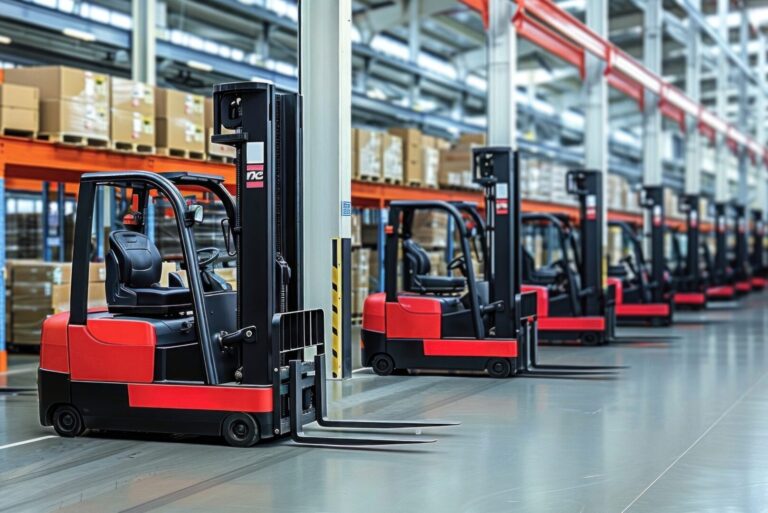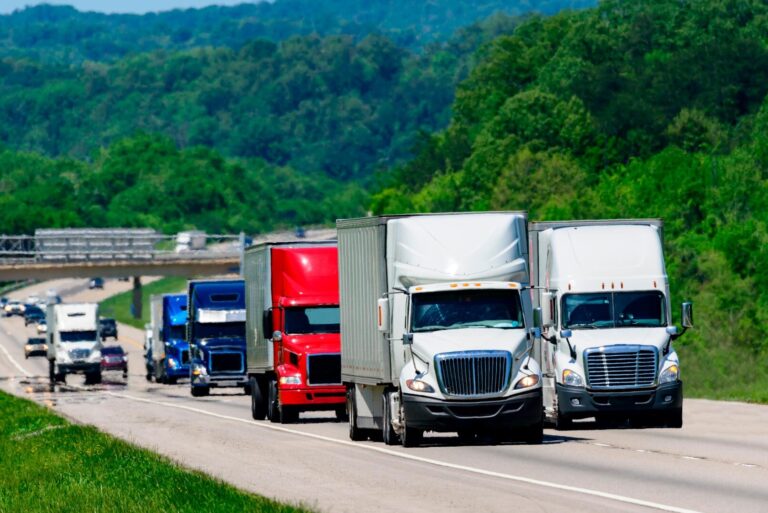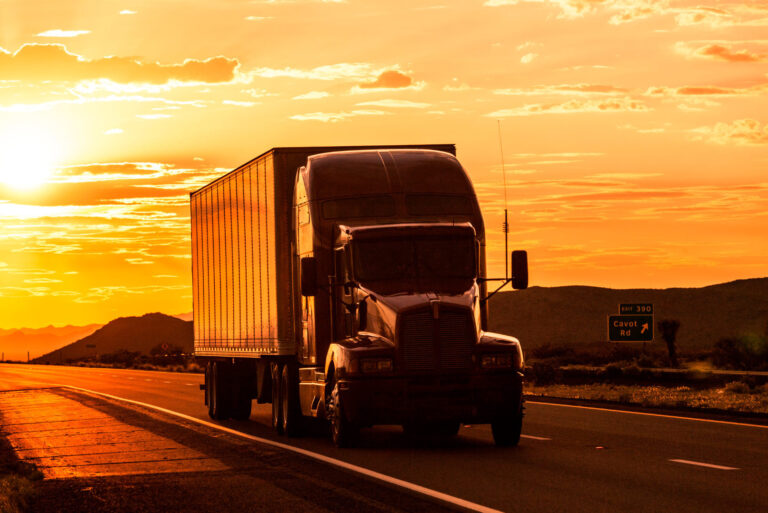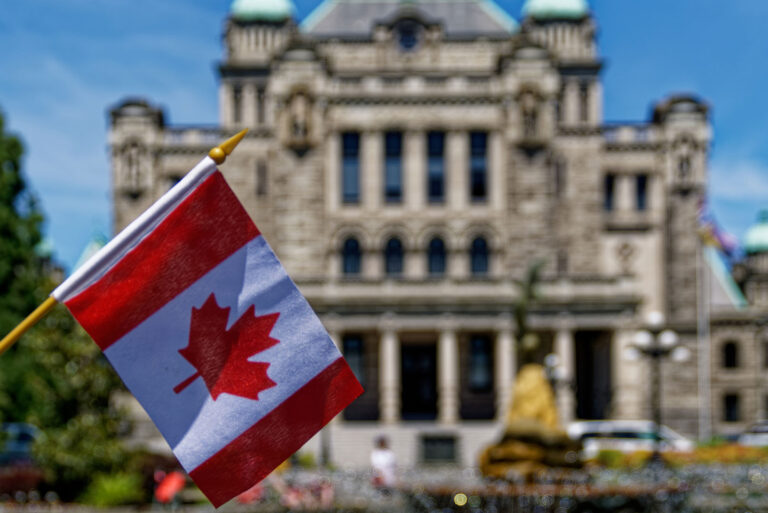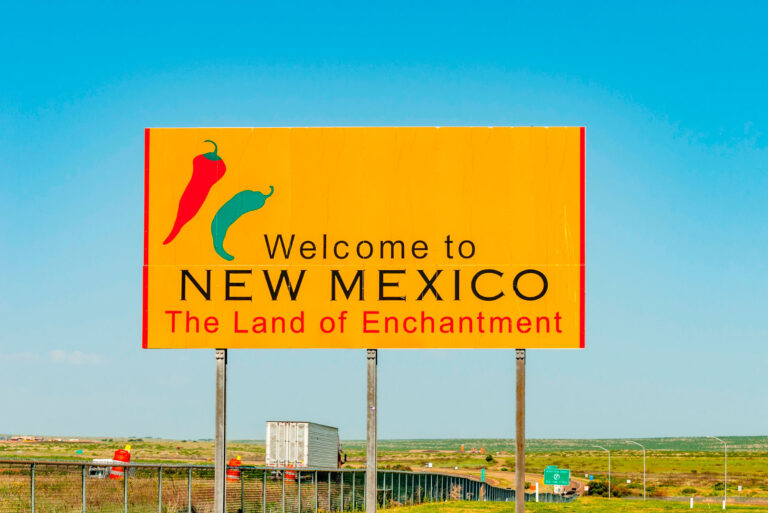Which States Have a Low Carbon Fuel Standard?
July 21, 2023
As the world looks for innovative ways to combat greenhouse gas emissions, the transition to low-carbon fuels and the promotion of electric vehicles (EV) have become crucial to reducing carbon emissions. A growing number of regions around North America have begun adopting policies aimed at achieving these goals, with the low carbon fuel standard (LCFS) model becoming a widespread and effective approach.
In this article, we will explore what makes an LCFS effective, and which US states have already implemented an LCFS or are considering its implementation.
What Is a Low Carbon Fuel Standard?
A low carbon fuel standard, also known as a clean fuels program or an energy rebate program, is a market-based system designed to reduce carbon emissions from a state’s transportation sector. First implemented in California in 2011, an LCFS requires fuel providers to reduce the carbon intensity (CI) of their fuels by blending low carbon or carbon-neutral fuels into their product mix, thereby reducing the overall carbon footprint of transportation fuels used by vehicles.
An LCFS also incentivizes the adoption of alternative and low-carbon fuels, such as electricity and other renewable energy sources. Owners of EVs and alternate-fueled vehicles can earn rebates from their reduced emissions that can be sold to fuel producers needing to offset their carbon deficits. This policy approach encourages innovation and investment in the development of alternate fuel technologies, diversifies the fuel supply, and offers owners of EVs additional revenue for their reduced emissions.
The use of low carbon fuel standards has been steadily growing throughout North America, with Oregon, Washington, and even Canada following in California’s path, with many other states considering implementation.
States with Existing Low Carbon Fuel Standards
Low carbon fuel standards have been increasingly prominent throughout the West Coast in recent years. Here are the states which have already implemented an LCFS or similar program.
California
California has been a pioneer in promoting clean energy policies. It implemented the LCFS in 2011, making it the first state to adopt such a standard. The program aims to reduce the carbon intensity of transportation fuels by 20% by 2030. EV owners in California benefit from the program by earning credits for the low carbon electricity they use to charge their vehicles.
California has recently taken further steps to enhance its transition to a low carbon economy with a new regulation that requires all commercial fleets to begin phasing in electric trucks with the goal of making the commercial transportation industry 100% zero-emission by 2045.
Read more about California’s Low Carbon Fuel Standard: California LCFS Program.
Oregon
As the second US state to adopt a low carbon fuel standard, Oregon implemented the Clean Fuels Program in 2016 with the goal of reducing emissions by 10% by 2025 and an overall goal to reduce emissions to 37% their original rates by 2035. The financial incentives provided by this program enable EV owners in Oregon to earn revenue from their reduced emissions and encourage a widespread transition to low carbon fuels.
Read more about Oregon’s Clean Fuels Program: Oregon CFP Program
Washington State
Washington’s Clean Fuel Standard was implemented on January 1, 2023 with the goal of cutting the state’s transportation emissions to 20% by 2038. Similar to California’s program, Washington’s CFS uses a market-based system that incentivizes fuel producers to reduce the carbon intensity of their fuels and encourages vehicle owners to transition to electric and alternate fuels.
Read more about Washington’s Clean Fuel Standard: Washington CFS Program.
British Columbia and Canada
While not a US state, it is worth mentioning that British Columbia in Canada has also implemented the BC Low Carbon Fuel Standard. The program, initiated in 2013, aims to reduce the carbon intensity of transportation fuels by 20% by 2030. EV owners in British Columbia can benefit from this program by earning credits for the electricity used to charge their vehicles.
Learn more about British Columbia’s Low Carbon Fuel Standard: A Complete Guide to British Columbia’s LCFS: Making the BC Low Carbon Fuel Standard Work for You.
On July 1, 2023, Canada finalized the implementation of a federal rebate program that aims to reduce carbon emissions by allowing owners of EV charging stations and other alternate fuel suppliers to earn energy rebates.
Read more about Canada’s Clean Fuel Regulations: Canada CFR Program.
States Considering Adopting Low Carbon Fuel Standards
The success of California and other West Coast States’ low carbon fuel standards has prompted other US states to consider adopting their own programs. Here are the states that are actively working towards a low carbon fuel standard or similar energy rebate program.
New York
New York State has been in the process of developing a low carbon fuel standard for several years, and as of June 8, 2023, it’s closer than ever. The NY Clean Fuel Standard, which has passed through the State Senate, would reduce the carbon intensity of on-road vehicles by 20% by 2031.
If this bill is approved by the governor and fully implemented in New York State, it would make New York the first East Coast state to have such a program. The bill is expected to be approved later this year.
Minnesota
In March 2023, the Minnesota Department of Transportation proposed legislation to enact the Clean Transportation Standard, which would reduce the carbon intensity across all transportation fuels 100% by 2050, including electric and alternate fuels. The program has yet to be passed into law but is currently expected to go into full effect on January 1, 2025.
Illinois
Following Minnesota, Illinois is the second midwest state to propose an LCFS. The proposed Renewable Gas and Low Carbon Fuel Act would implement an LCFS program for Illinois residents, while simultaneously requiring utility providers to phase in increasing amounts of renewable natural gas. This program currently has no start date and is still in the development phase.
New Mexico
The New Mexico Senate passed the Clean Fuel Standard Act in 2021. The program sets a goal of reducing carbon in fuels by 28% by 2040 and gives electric vehicle operators the opportunity to generate and trade credits. Unfortunately, the CFS was rejected by the House in February 2022, but is still considered a top priority of Governor Grisham and will likely be reconsidered in future years.
The Low Carbon Fuel Standard is a powerful policy tool aimed at reducing greenhouse gas emissions and promoting the adoption of low carbon and alternate fuels. Many western states have already implemented their own LCFS, while many others are actively developing plans for their own programs. Learn more about energy rebate programs and how Smart Charging Technologies can help you earn in your state.
Related Posts





